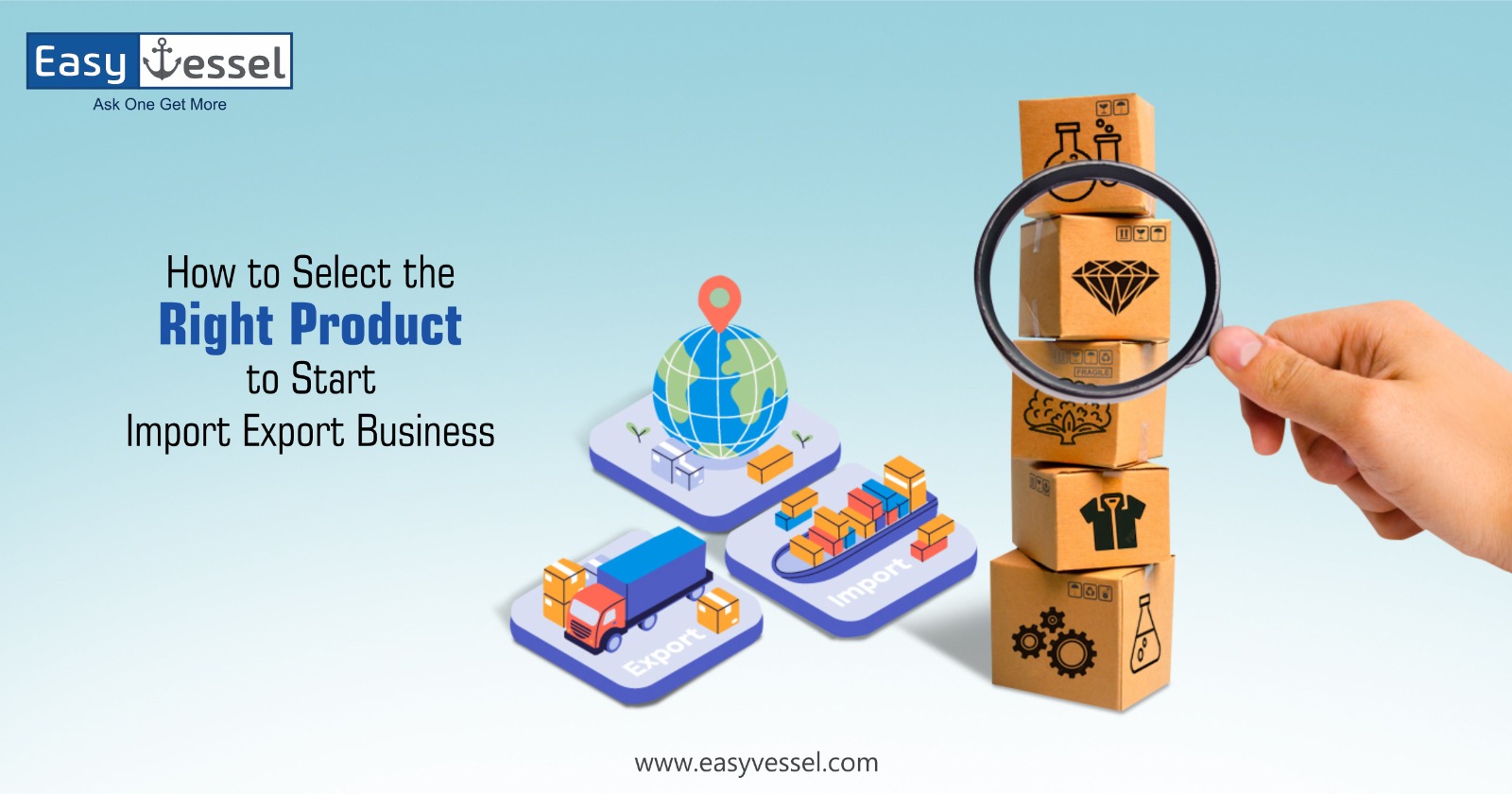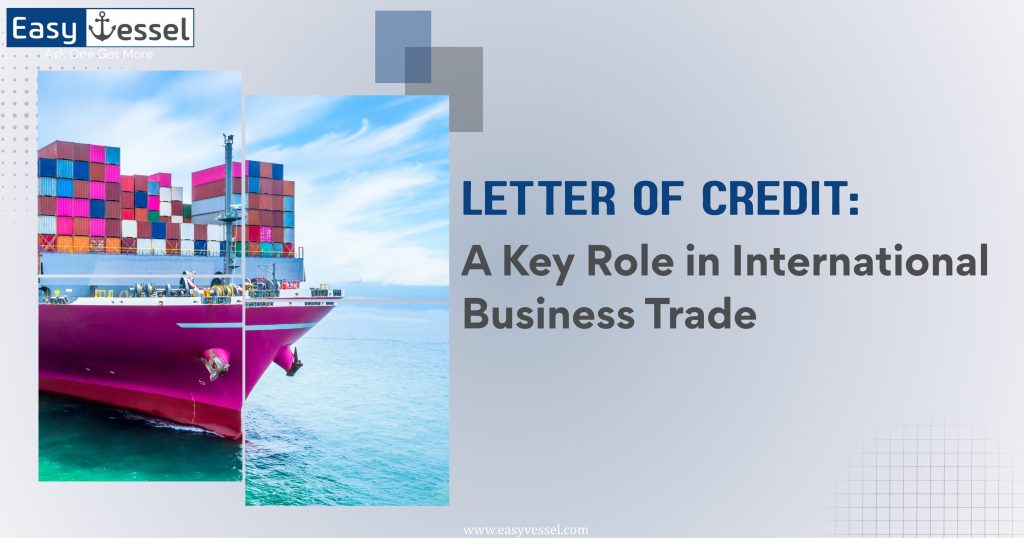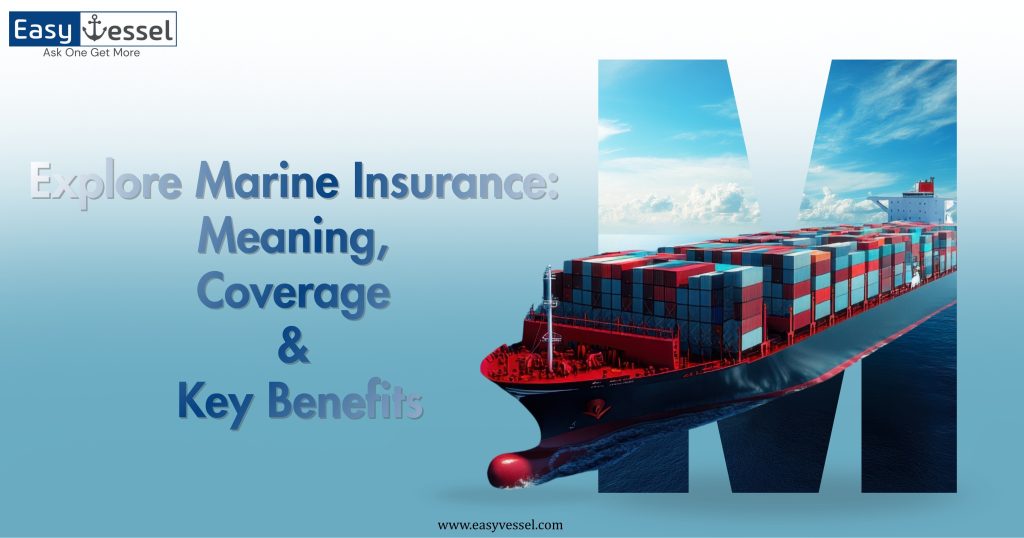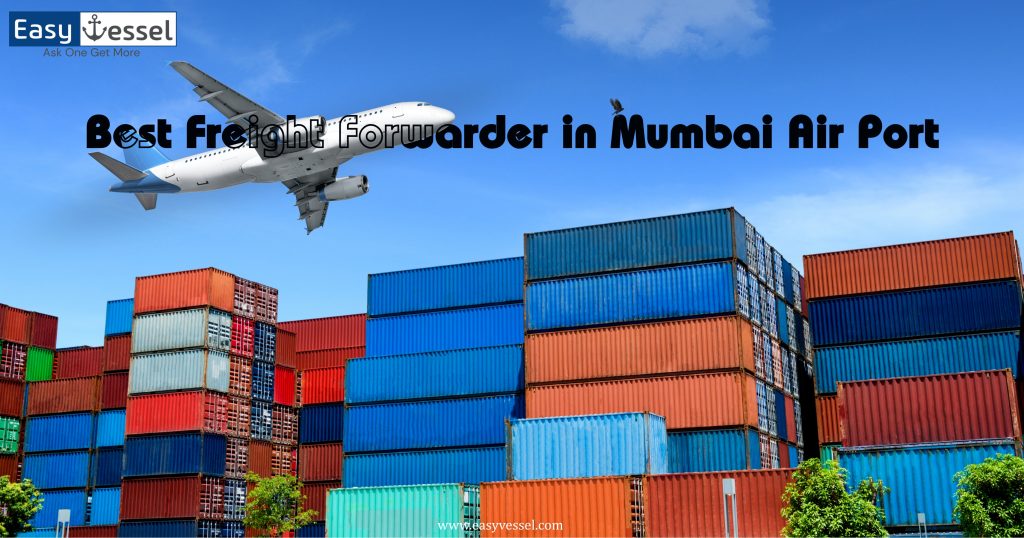- Selecting the right products for your import-export business is a crucial decision that can significantly impact your success.
- Choosing the perfect product for your import-export business is a systematic process.
- Start with thorough market research to find products in demand.
- Stay updated on market trends and consider global needs based on population and income levels.
- Study competitors and find gaps in the market where your product can shine.
- Additionally, calculate all costs, including manufacturing, shipping, and customs fees.
- Network with suppliers and experts, and ensure legal compliance.
- Estimate the market size and growth potential.
- By following these steps, you increase your chances of success in the import-export business.
Steps to Choose the Right Products:
Here are the best Steps to choose the right products to start import export business, follow these steps:
Market Research:
- Begin by researching the market for potential products.
- Look for goods that are in demand and have a stable or growing market.
- Moreover, Consider factors like population demographics, consumer preferences, economic conditions, and technology in different countries.
- To conduct market research for your import export business, use Google and social media tools.
Market Trends:
- Stay updated with market trends by following industry publications, attending trade exhibitions, and joining relevant forums or associations.
- This will help you spot emerging opportunities and adapt to changing consumer preferences.
Global Demand:
- Analyze the demand for your product in different countries.
- Consider factors like population size, income levels, and cultural preferences.
- Target markets with high potential for growth.
Competitor Analysis:
- Study your potential competitors in the import export business.
- Analyze their product offerings, pricing strategies, and customer reviews.
- Identify gaps in the market where your chosen product can stand out.
Cost Calculation:
- Calculate all the costs associated with importing and exporting your chosen product.
- This includes manufacturing or procurement costs, as well as shipping, customs duties, and marketing expenses.
- Ensure that your profit margins are sufficient to cover these expenses.
Networking:
- Build relationships with suppliers, distributors, and industry experts.
- Networking can provide valuable insights and opportunities in the import export business.
- Additionally, use your personal contacts like your friends and relatives living in a particular country where you are willing to do your import-export business.
Market Entry Barriers:
- Assess any barriers to entry, such as licensing requirements, certification standards, or distribution challenges.
Supply Chain Evaluation:
- Furthermore, evaluate the reliability and efficiency of the supply chain, including suppliers, shipping options, and logistics partners like Freight Forwarders and CHA.
- Easyvessel can simplify your task by providing the best freight rate from multiple freight forwarders with 0% commission globally.
Risk Analysis:
- Identify and assess risks associated with your target markets, such as political instability, economic fluctuations, or natural disasters.
- Estimate the market size and growth potential for your products to determine if they align with your import export business goals.
Legal and Compliance:
- Ensure you comply with all relevant laws and regulations in both your home country and the target market.
- Be aware of any trade barriers, tariffs, or customs requirements.
Technology and Innovation:
- Investigate the technological landscape in your target markets. Some products may become obsolete due to technological advancements, while others may thrive.
- Staying up-to-date with technological trends is essential.
- By following these steps, you can make informed decisions when selecting products for your import-export business and increase your chances of success in the global market.
Conclusion:
In conclusion, choosing the right products to start your import-export business is essential for success. Research the market, stay updated on trends, know the global demand, and understand your competitors to make informed decisions.
Calculate costs, build relationships, and be mindful of barriers and risks. By following these steps, you can enhance your global market success.
Join us to access reliable service providers, making your life easier and giving you peace of mind. Save time and money through Easyvessel.
References:
Frequently Asked Questions
Here are the key steps to select a product for import export business in concise points:
Research: Identify products in demand.
Trends: Stay updated on industry trends.
Global Demand: Analyze demand in various countries.
Competition: Study competitors and market gaps.
Cost Analysis: Calculate all associated expenses.
Networking: Build supplier and expert relationships.
Market Entry: Assess entry requirements.
Supply Chain: Evaluate efficiency.
Risk Assessment: Identify market risks.
Legal Compliance: Ensure you meet regulations.
Following these steps will guide you in choosing the right product for your import export business.
Choosing a product for export follows specific steps. First, you research, then pick a unique product. Next, check if it’s wanted in the market, and follow the rules. Afterward, calculate costs and risks, plan your market entry, and meet legal needs. These steps collectively improve your export success.
The best products for an import-export business include Petroleum Products, Precious Stones and Gems, Mineral Fuels, Mechanical Equipment, Pharmaceutical Products, Dairy Products, Leather and Its Products, Textile Products, Organic Chemicals, Homoeopathy and Ayurvedic Medicines, Cereals, and Meat Products.



